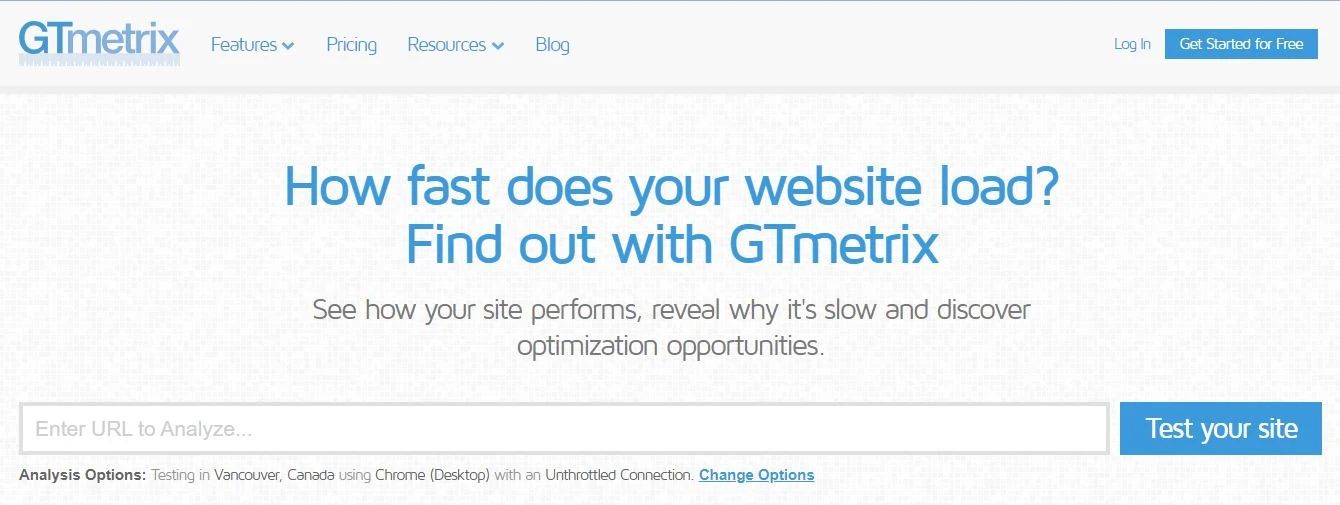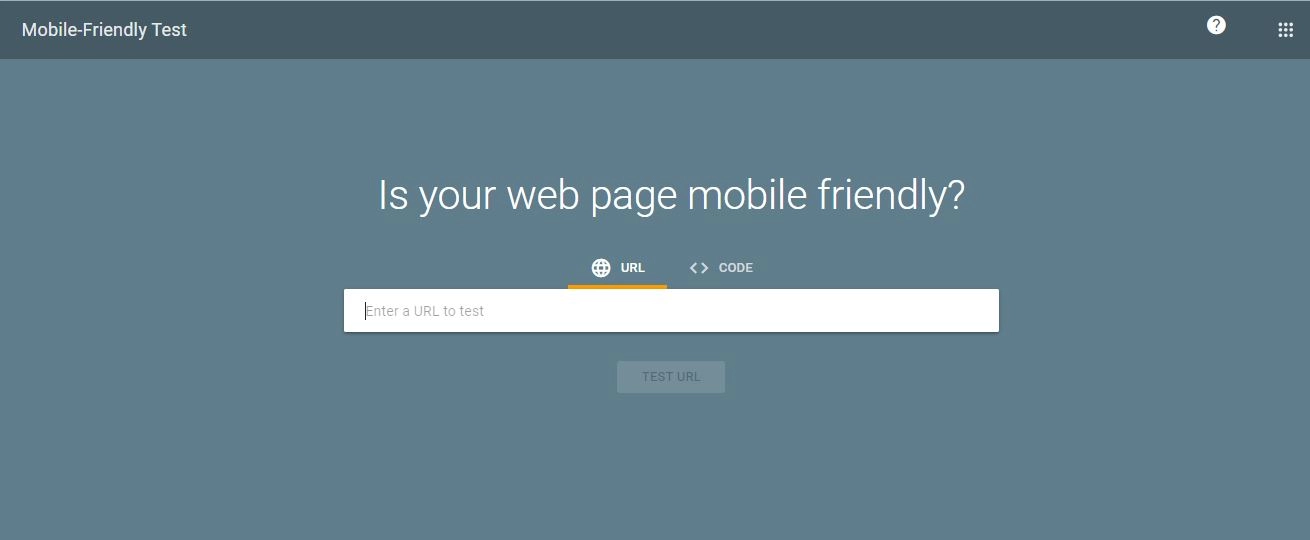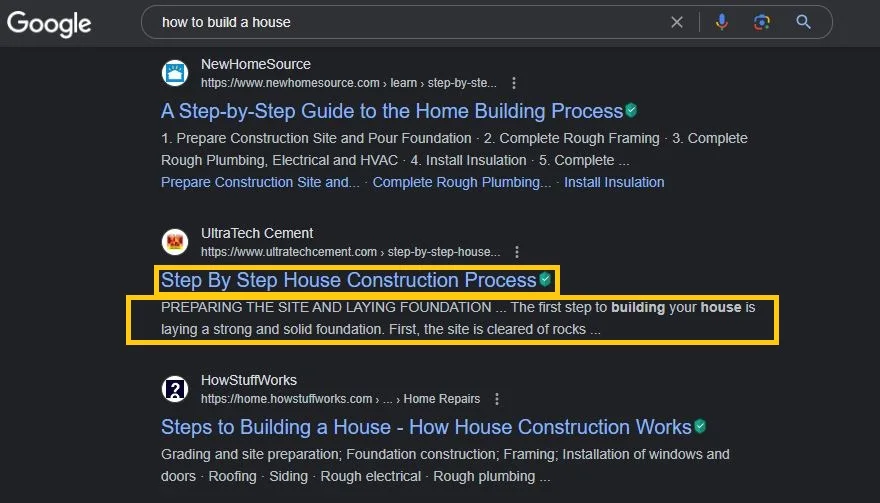

Before we get talking - how to boost your website performance, let’s first know why to boost the website performance.
In the digital realm, where attention spans are short and options are abundant, a slow or poorly performing website deters visitors and leads to high bounce rates.
Google, the world's leading search engine, values user experience, and it considers website performance as a ranking factor.
So, to rank your website and to decrease the bounce rate, it is crucial that you boost your website performance.

One of the most critical aspects of website performance is speed. 100% of your visitors expect websites to load quickly, and if your site takes too long to load, they're likely to abandon it. Additionally, Google rewards fast-loading websites with higher rankings. To enhance your website's speed:
Optimize Images: Compress images and use appropriate formats to reduce file sizes.
Minimize HTTP Requests: Reduce the number of requests made to the server by minimizing scripts and stylesheets.
Utilize Content Delivery Networks (CDNs): CDNs distribute your website's content across multiple servers globally, ensuring faster loading times for users worldwide.

Over 55% of active internet traffic coming from mobile devices, mobile optimization is non-negotiable. Google prioritizes mobile-friendly websites and uses mobile-first indexing. To cater to mobile users effectively:
Implement Responsive Design: Ensure your website adapts seamlessly to various screen sizes and orientations.
Accelerated Mobile Pages (AMP): Consider implementing AMP to create fast-loading, mobile-friendly pages.
Test on Mobile Devices: Regularly test your website's functionality and appearance on different mobile devices.

High-quality, relevant content is the cornerstone of SEO success. Google values content that addresses users' queries and provides valuable insights. To improve your content's performance:
Keyword Research: Conduct thorough keyword research to understand what your target audience is searching for.
Create Engaging Content: Craft informative, engaging, and well-structured content that keeps visitors on your site.
Regular Updates: Keep your content fresh and up-to-date to maintain relevance. On-Page Optimization Strategies
Once you've laid the foundation for a high-performing website, it's time to focus on on-page optimization. This involves optimizing individual pages to enhance their visibility on search engines.

Title tags and meta descriptions are the first things users see in search results. Crafting compelling and keyword-rich title tags and meta descriptions can significantly improve your click-through rate (CTR). Ensure that:
Titles are Concise: Keep titles under 60 characters to prevent truncation in search results.
Meta Descriptions are Captivating: Summarize the page's content concisely and entice users to click.
Header tags organize your content hierarchically, making it more accessible for both users and search engines. Use header tags to:
Structure Content: Divide your content into logical sections with H2 and H3 tags.
Include Keywords: Incorporate relevant keywords naturally into your headers.
Off-Page Optimization Strategies: Off-page optimization involves activities outside your website that can positively impact your rankings.

High-quality backlinks from reputable websites are like endorsements for your content. Google considers backlinks a strong ranking factor. To build a robust backlink profile:
Guest Blogging: Contribute guest posts to authoritative websites in your niche.
Outreach: Reach out to industry influencers and request backlinks or collaborations.
Content Promotion: Promote your content on social media and other platforms to attract natural backlinks.

Engagement on social media platforms can indirectly influence your website's performance. To harness the power of social signals:
Shareable Content: Create content that's easily shareable on social media.
Active Presence: Maintain an active presence on social platforms to engage with your audience.
Monitoring and Continuous Improvement: SEO is an ongoing process, and monitoring your website's performance is essential to stay competitive.

Utilize tools like Google Analytics to gain insights into your website's performance. Monitor:
Traffic Sources: Identify where your traffic is coming from.
User Behavior: Analyze how users interact with your site.
Conversion Rates: Track conversions and set goals for improvement.
Perform regular website audits to identify and rectify issues that may hinder your SEO efforts. This includes checking for:
Broken Links: Fix any broken internal or external links.
Indexing Issues: Ensure search engines can crawl and index your site effectively.
Thus the tips to boost your website’s performance in 2024.
Optimizing your website's performance is crucial for achieving higher search engine rankings. By implementing the above tips and strategies outlined in this guide, you can take significant strides towards outranking your competitors on Google.
Remember that SEO is an ongoing process, and continuous improvement is the key to long-term success. Stay committed to delivering an exceptional user experience, and you'll reap the rewards of higher visibility and increased organic traffic.
